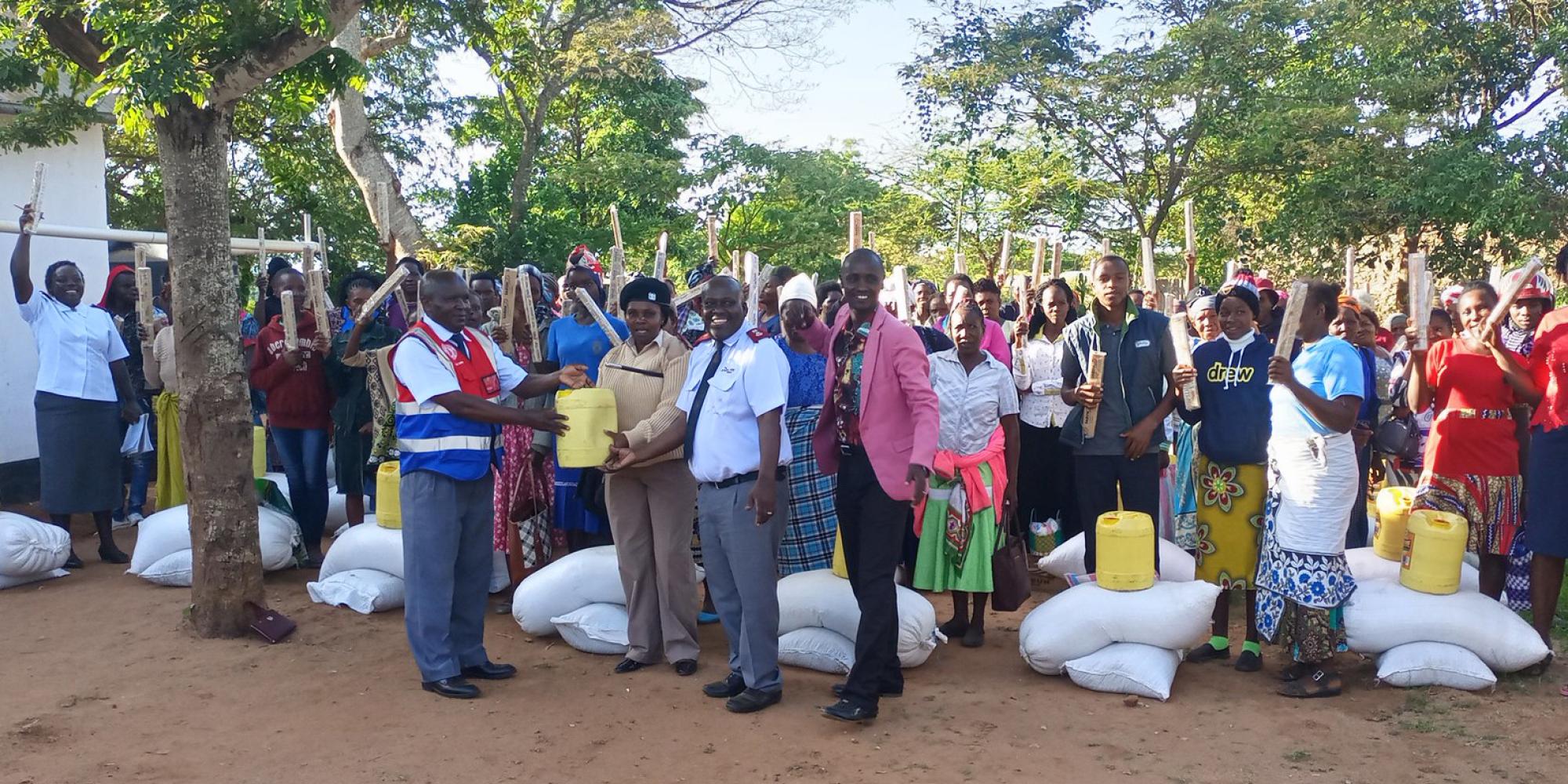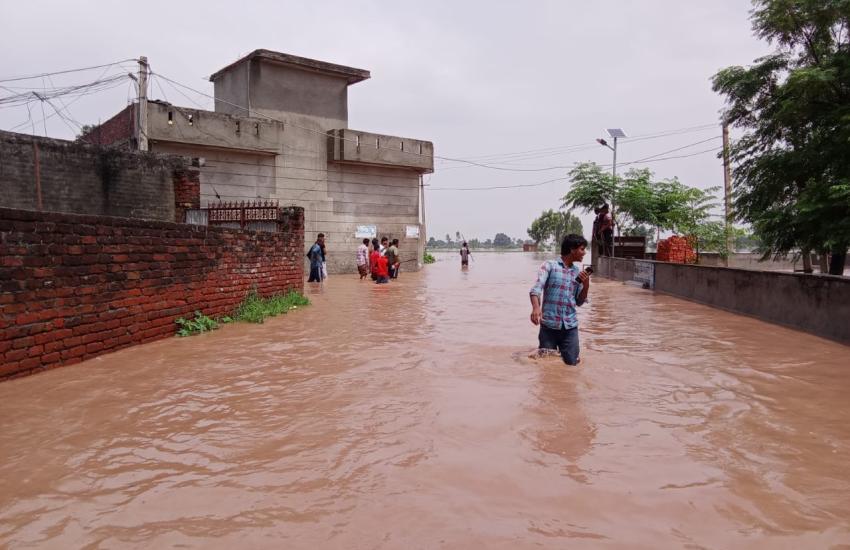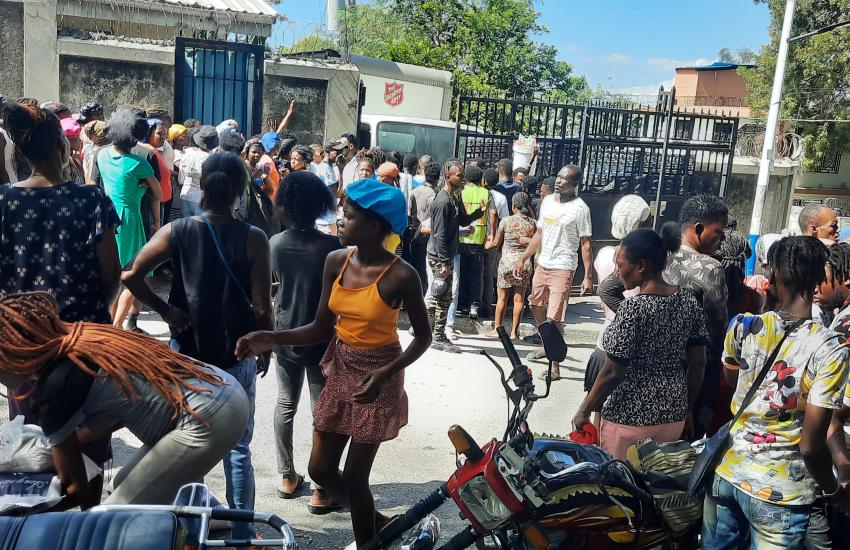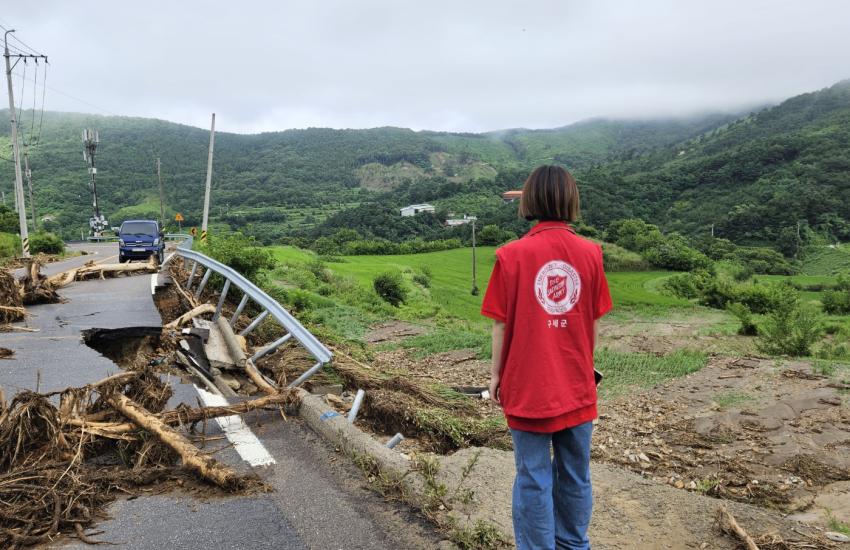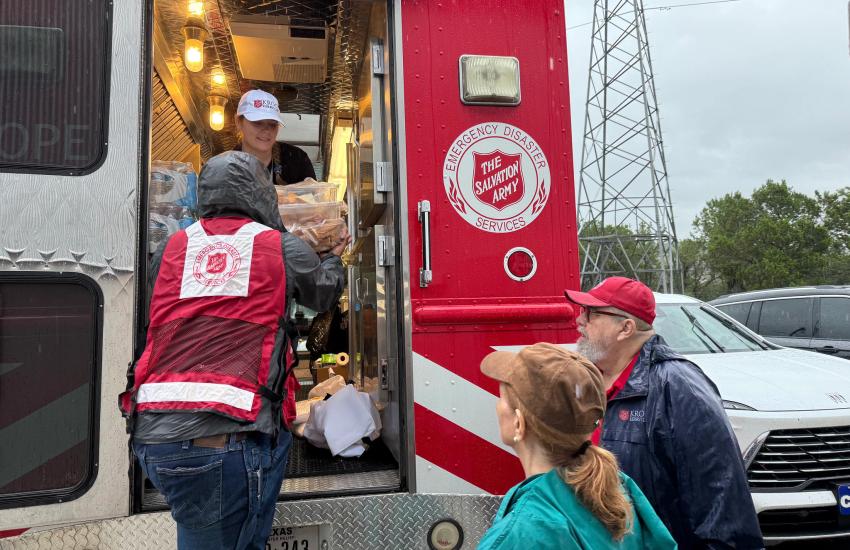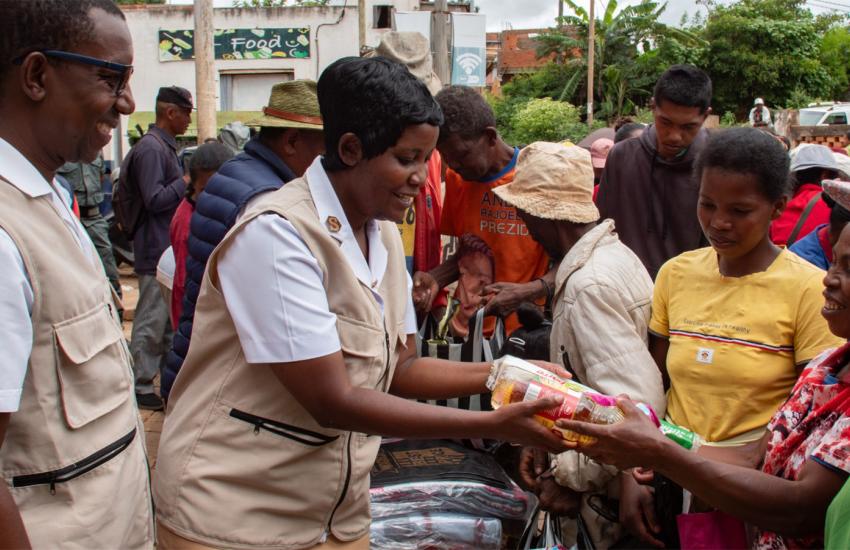The unprecedented drought in Kenya, caused by five consecutive below average rainy seasons since the end of 2020, has caused untold human suffering.
Nearly five million people have lacked access to enough water for drinking, cooking and cleaning, with particular consequences for women and girls who often compromised their own needs (including menstrual hygiene) to provide for their families.
Whilst most people are aware that global warming impacts some countries more than others, the Kenyan population has been hard hit by this drought, with the inevitable consequence of livestock deaths, food shortages and malnutrition affecting almost 900,000 children and around 116,000 nursing mothers (Reliefweb).
Rainfall in parts of the country has started to improve, but this also brings new risks and challenges. In some locations, heavy rains caused flooding across parts of the region, resulting in widespread damage (Reliefweb). Unfortunately, the fluctuation between drought and flooding is not uncommon and this year could still bring more floods due to the forecasted El Niño (Reliefweb).
Response from The Salvation Army in Kenya
The Salvation Army in Kenya responded magnificently to the crisis which impacted people throughout 2023, with multiple responses in the country including the provision of food parcels containing maize, beans and cooking oil to more than 4,000 households in 83 communities.
An additional 59 schools have received maize, beans, sugar, rice and cooking oil through being enrolled in the ‘Food for Fees’ project, where food was then deducted from school fees. With more than 12,000 students benefiting from this initiative, every school received 7.5 kilograms (kgs) of maize, 5.63 kgs of beans, 5 kgs of sugar, 3.13 kgs of rice and 1.54 litres of cooking oil for each student enrolled. The amounts, based on government guidelines for school meals, ensured that each child received five nutritious meals (three main meals and two snacks) each day for three months.
Major Musa Barasa, district officer in Turkana, said, ‘The “Food for Fees” programme has really brought great impact to education in Turkana. School teachers, the Board of Education management and the community are very grateful, thankful and proud of The Salvation Army for this initiative.’
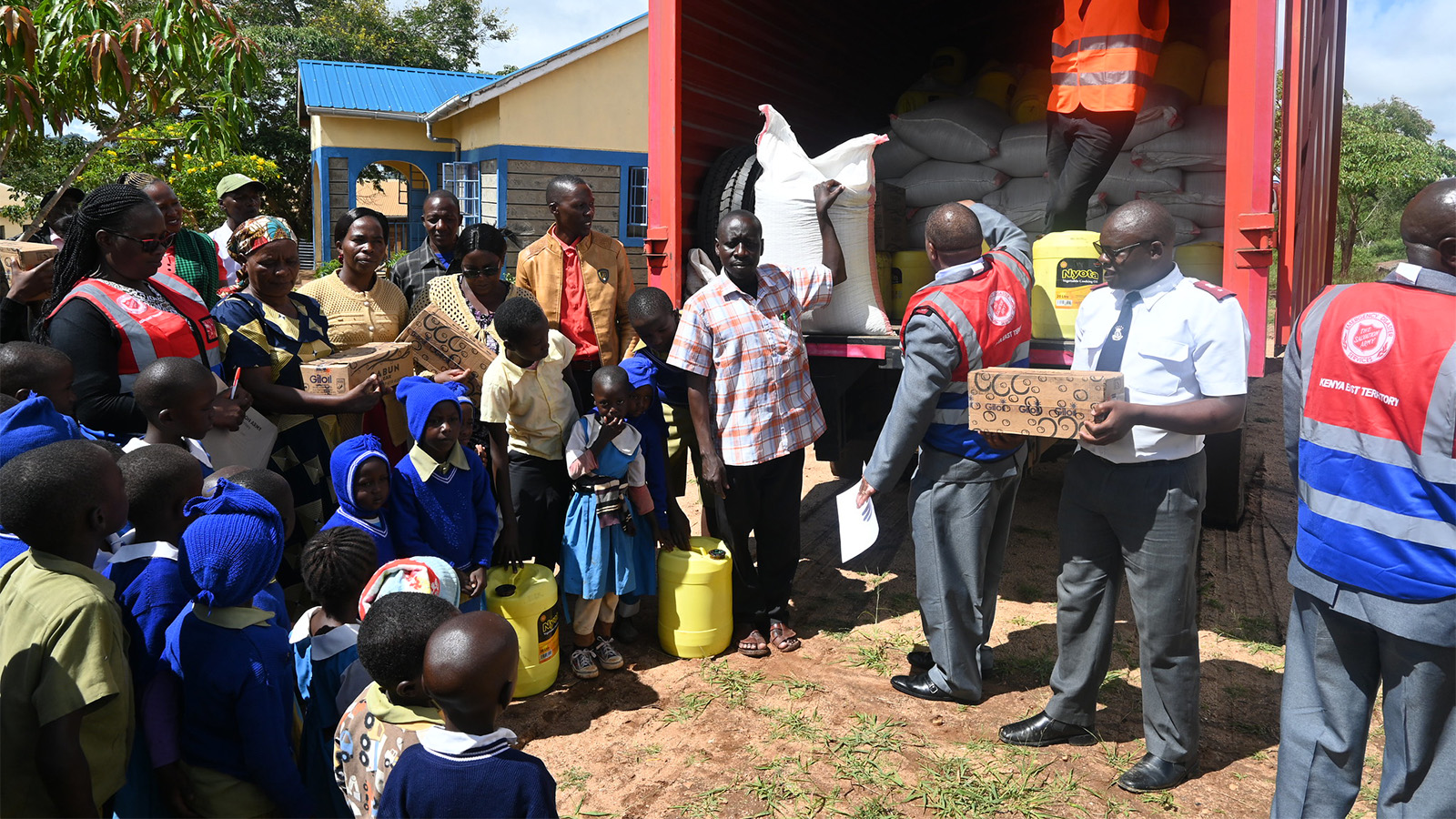
In addition, The Salvation Army has provided personal hygiene items to 5,225 students in 24 schools. Whilst these schools are not part of the ‘Food for Fees’ programme, they still received bags of maize, beans and cooking oil to provide nutritious school meals for students.
Water bowsers (delivery tankers) were employed to deliver water for cooking, drinking and washing to schools in Kaeris, Kaikor and Lokitaung, some of the most affected communities in Turkana.
Damaris Frick, Director of The Salvation Army International Emergency Services said, ‘We were able to respond to this humanitarian effort in Kenya thanks to donations from around the world. For those of us who have never witnessed it, it can be hard to imagine the scale of human suffering caused by the lack of such a basic human need as water. I am grateful to everyone who enabled The Salvation Army to respond with compassion to the most vulnerable in Kenya during this humanitarian crisis.’
